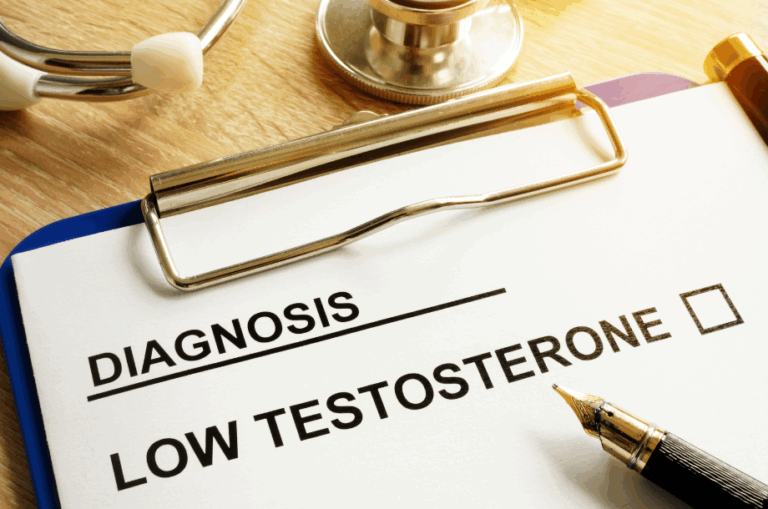Madeline: I’m wondering if there is a benefit to taking digestive enzymes, especially since I’m over 60. I’ve read that we create less enzymes as we age. I seem to have more gas since either just getting older or maybe it’s menopause.
Dr. Chutkan: You are correct Madeline, we make fewer digestive enzymes as we get older, but that’s to be expected. Lots of other things change as we get older too – our bones get thinner, our sex hormone production decreases, our muscle mass declines, and so on. Those things aren’t medical illnesses – rather, a natural part of aging. Digestion changes as we get older and that’s why enzyme production drops. That’s not an illness or “deficiency” any more than menopause is.
There are specific instances when people need digestive enzyme supplementation – certain diseases of the pancreas can decrease production of amylase (digests starch) or lipase (digests fat). Chronic inflammation of the pancreas (pancreatitis), pancreatic cancer, as well as cystic fibrosis are examples but thankfully, all quite rare. Outside of these conditions there is no compelling evidence that the average person benefits from taking digestive enzymes.
While one could argue there’s no harm in taking something innocuous like a digestive enzyme, all supplements carry a disclaimer that they haven’t been tested for safety or efficacy. And that’s for a reason – they really haven’t been! So that’s definitely something to consider. For the average healthy person who doesn’t have a disease that affects enzyme production, it’s more beneficial to focus on foods that come with their own digestive enzymes. For example, bromelain in pineapple, papain in papaya, lipase in avocados, amylase in mango, and the protease zingibain in ginger.
Lastly, it’s worth exploring other causes of your gas. I like to draw a distinction between what I call “good” gas and “bad” gas. Beans and cruciferous vegetables like cabbage, cauliflower, kale, and broccoli contain an indigestible sugar called raffinose. Bacteria in the colon ferment raffinose and produce methane, which you may experience as smelly gas. This is considered “good” gas, because it’s accompanied by the health benefits that eating those foods confer, with their cancer-fighting compounds and microbe-boosting fiber.
“Bad” gas, on the other hand, represents feedback from your digestive system and can be a sign of an unhappy GI tract and a clue that you may be eating or drinking something that your intestines are having trouble digesting. “Bad” gas is most often caused by lactose intolerance, fructose malabsorption, or the consumption of artificial sweeteners.
Other causes of excessive “bad” gas include:
- Aerophagia
- Dysbiosis
- Hormones
- Celiac disease
- Osmotic cathartics
- Fruit juices
- Carbonated drinks
- Excessive sugar intake








